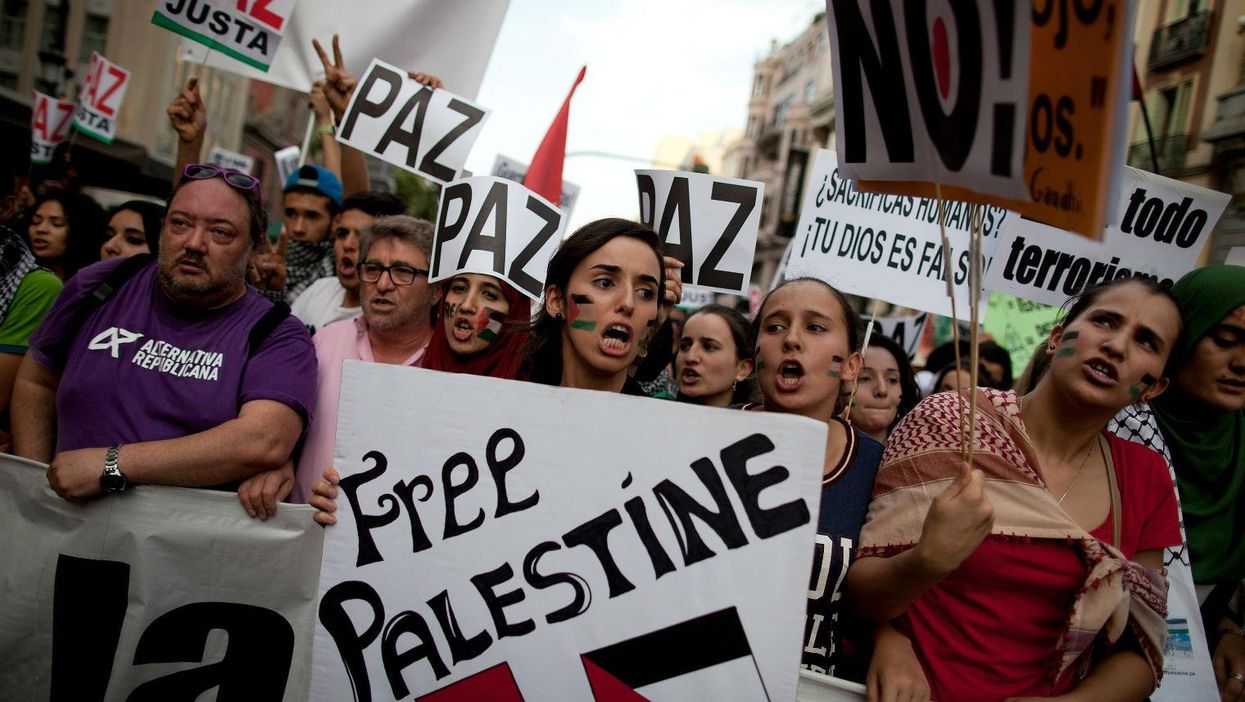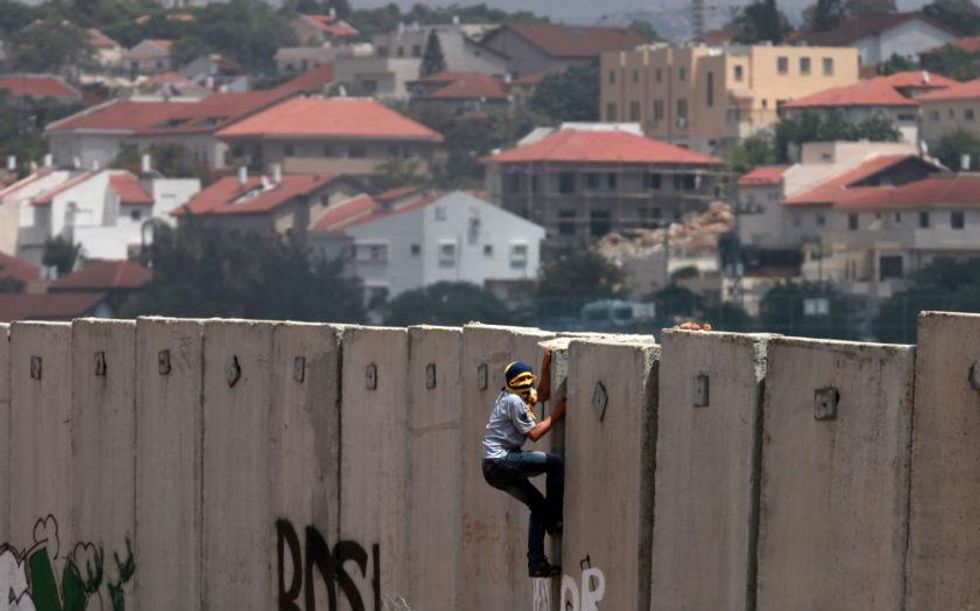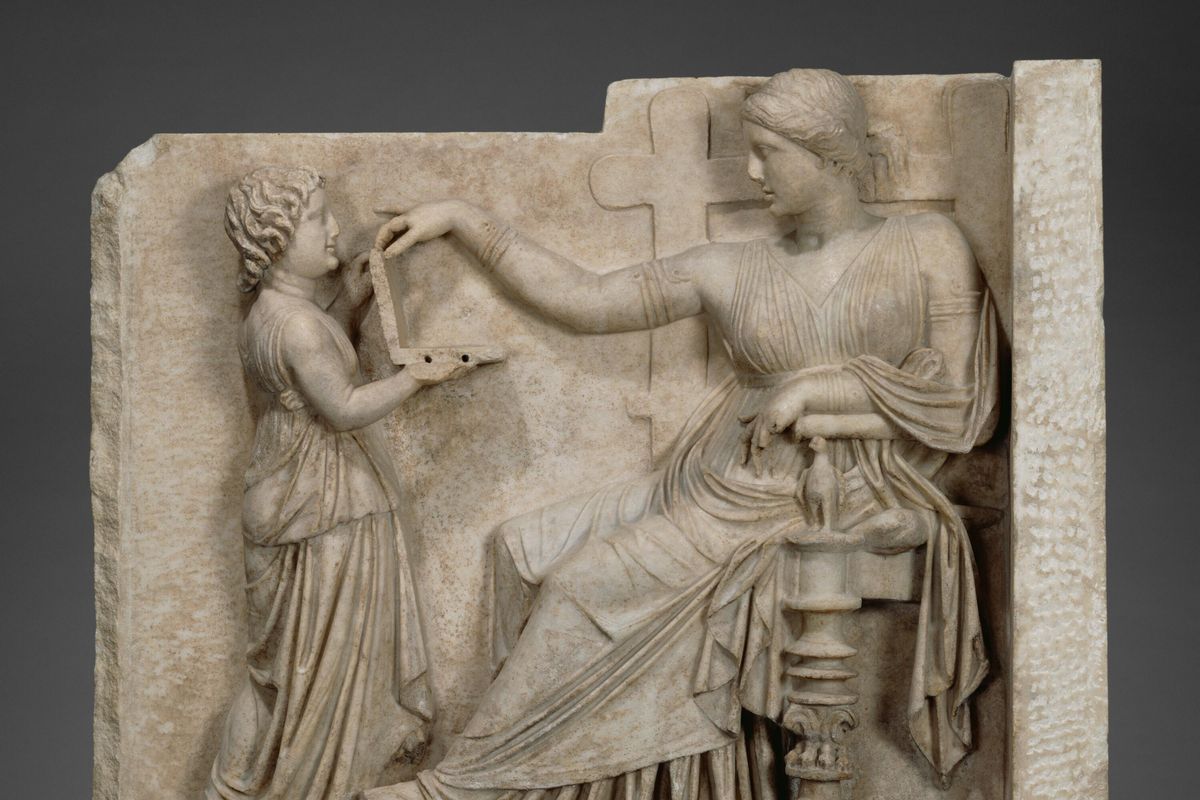News
Bethan McKernan
Feb 16, 2016

Picture: Pablo Blazquez Dominguez/Getty Images
All public bodies, including councils and student unions, will be banned by law from boycotting companies on ethical grounds, the government has said.
Divestment or economic protest by refusing to buy goods and services from companies involved in the arms trade, fossil fuels, tobacco products or Israeli settlements in the occupied West Bank will now be punishable by "severe penalties".
The move, which interim Director of Palestine Solidarity Campaign (PSC) Sara Apps told i100 is an "attack on local democracy", is being formally announced during Cabinet Office minister Matt Hancock's visit to Israel this week, underlining the focus of the new policy.
Ministers said the primary reason for the crackdown on boycotts was because they "undermined good community relations, poisoned and polarised debate and fuelled anti-Semitism".
But does boycotting companies doing business with Israel and Israeli goods and services achieve anything anyway?
Illegal Israeli settlements in the West Bank - one of the major stumbling blocks to a lasting peace deal - are still being built, despite a surge in grassroots and professional bodies joining the Boycott, Divestment, Sanctions (BDS) anti-occupation movement in the last few years.
Construction on 1,800 homes for Israeli settlers began last year, 265 of them in wildcat outposts, settlements watchdog Peace Now says.
Israeli politics has shifted sharply to the right in the last decade, and security is at the forefront of government policy: to many people, the idea that the settlements are a combative measure against terrorism is far more important than taking an economic hit.
A spokesperson from the Britain Israel Communications and Research Centre (BICOM) told i100 that solution to the conflict lies in negotiation, which is prevented by boycotts.
Boycotts in British communities also poison community relations. If you have a local area with a number of faith communities, then the way to talk about and deal with difficult international issues is through sensitive and patient inter-faith dialogue and discussion.
A local council implementing a boycott just serves to divide the community, whip up tensions and does nothing to deal with the issues.
There's also an argument that boycotting Israeli companies harms Palestinians, who are heavily reliant on Israeli industry and jobs.
It's generally agreed that boycotts need time to gain traction, as with apartheid-era South Africa. Apps of the PSC said:
BDS takes many forms, from successful campaigns to persuade international artists not to perform in Israel until it ends its violations of humanitarian law, to encouraging consumers not to buy produce grown in Israel's illegal settlements.
As public awareness grows, pressure grows on governments to stop colluding with Israel's occupation and to act. With apartheid South Africa, public boycotts came first and government sanctions followed.
There's evidence public attitudes in Europe, at least, are changing: Norway's state-owned hedge fund made a point in 2014 of not investing in Israeli construction companies, as did Luxembourg's state pension fund.
While direct economic impact is hard to measure, major banks in the Netherlands and Denmark have also severed ties with Israeli banks over illegal settlement building and French multinational Veolia scrapped all its Israeli contracts after international pressure from BDS last year.
It also sold its five per cent stake in CityPass, the consortium that runs the Jerusalem Light Rail.
Top 100
The Conversation (0)















